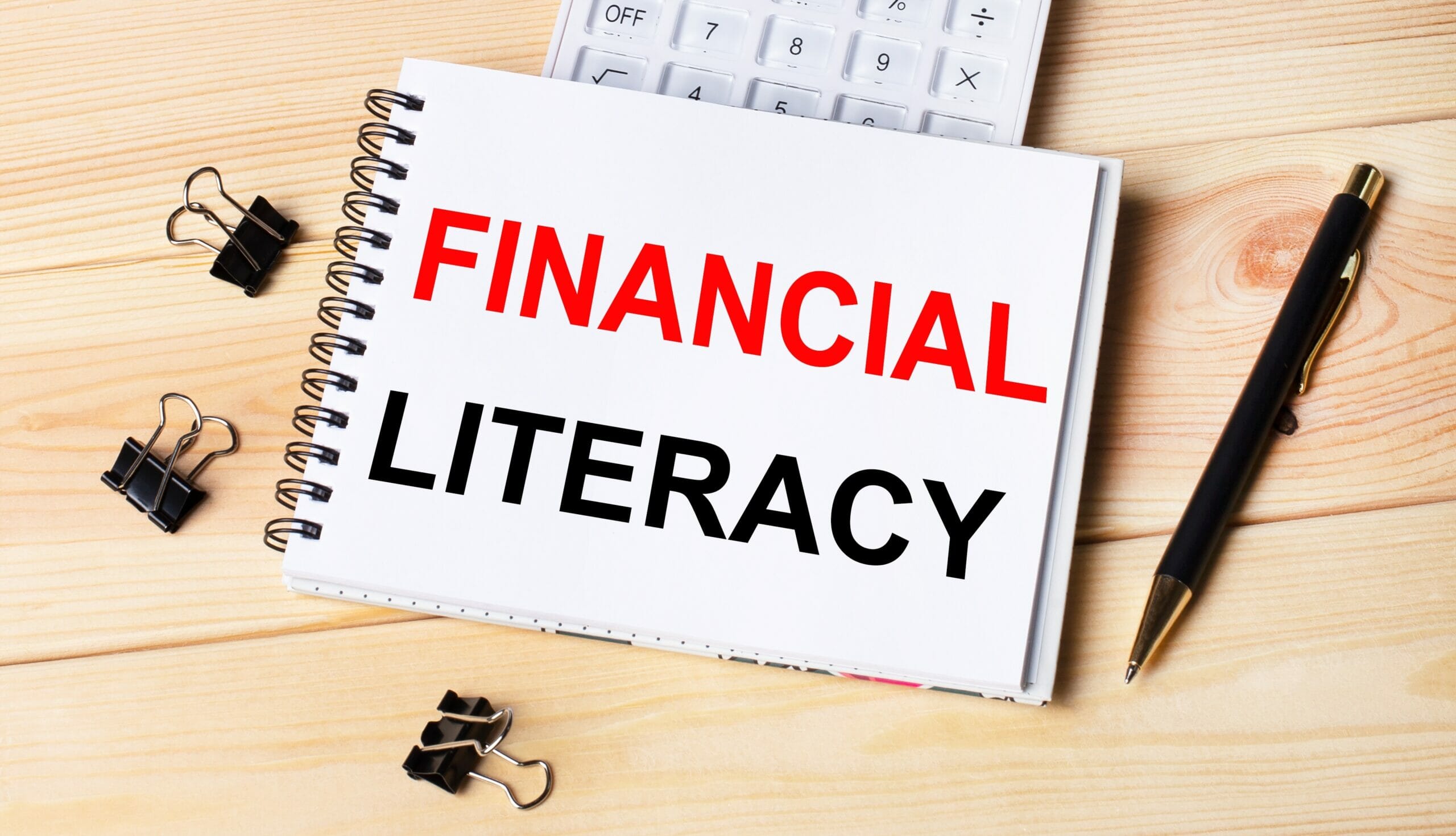Financial literacy plays a crucial role in our lives, yet it often receives less attention than it deserves. The knowledge and understanding of financial concepts empower individuals to make informed decisions about money. Developing financial literacy is more important than ever in an ever-changing and complex financial landscape.
One key aspect of financial literacy is budgeting. Creating a budget allows individuals to gain control over their finances by tracking income, expenses, and savings. Individuals can allocate their resources effectively and avoid unnecessary debt by setting spending limits and prioritizing financial goals.
Another vital component is understanding credit. Many financial transactions, such as buying a home or financing a car, rely on credit scores. A good credit score can open doors to better interest rates and loan terms. Financially literate individuals know how to maintain a healthy credit score by paying bills on time, minimizing debt, and regularly reviewing their credit reports.
Investing is another area where financial literacy is paramount. Knowing the basics of investing can help individuals grow their wealth over time. Whether it’s through stocks, bonds, or mutual funds, understanding the risks and potential returns of different investment options allows individuals to make informed decisions aligned with their financial goals.
Savings and emergency funds are cornerstones of financial well-being. Financially literate individuals recognize the importance of saving regularly and building an emergency fund to handle unexpected expenses. These funds act as a safety net, protecting against financial hardships and reducing reliance on credit cards or loans during emergencies.
Retirement planning is another critical aspect of financial literacy. Individuals can take advantage of tax benefits and secure a comfortable future by understanding the various retirement savings options available, such as 401(k)s or individual retirement accounts (IRAs). Financial literacy enables individuals to make informed choices about contribution amounts, investment options, and withdrawal strategies.
Protecting personal and financial information is paramount. Financial literacy encompasses knowledge about identity theft, fraud prevention, and online security. It equips individuals with the tools to safeguard their financial well-being and make wise choices when sharing personal data or engaging in online transactions.
Financial literacy is not innate; it must be acquired through education and continuous learning. Schools, community organizations, and online resources offer valuable financial literacy programs. By actively seeking out these opportunities, individuals can enhance their financial knowledge, empowering them to make sound financial decisions.













































